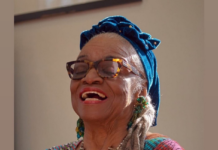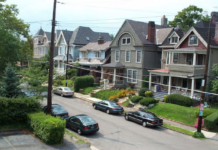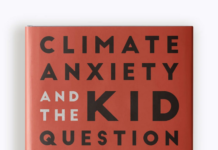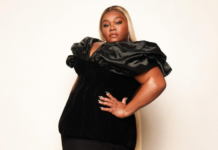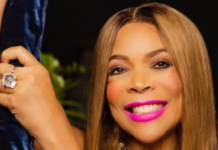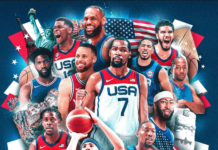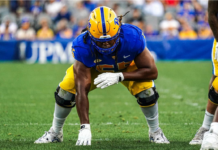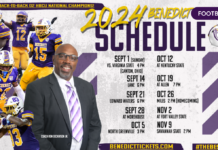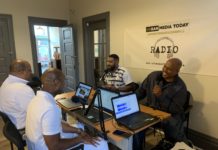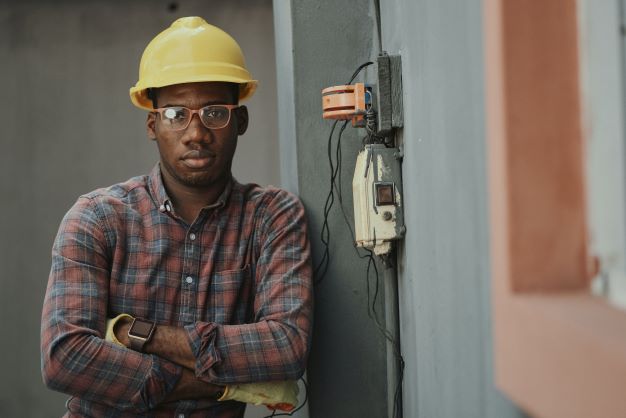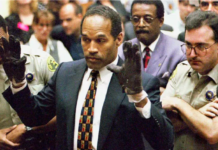As the 2022 midterm elections approach in less than 30 days, a new TheGrio/KFF survey found that the economy is the top-tier issue for Black voters as inflation numbers hit a 40-year high of 8.2% in September.
The poll, a partnership between theGrio and KFF, a nonprofit organization focused on research and analysis of health and other national issues, interviewed 1,000 registered voters who identify as Black or African American from Aug. 24 to Sept. 5, 2022. Among some of the findings in the nationwide survey, 73% of Black voters name inflation and other economic issues as the biggest concern for them and their families when asked to state this in their own words.
Among voters concerned about the economy, 32% mentioned concerns about the prices of goods, such as food, the cost of living and gas. Another 21% expressed concern about poverty and personal financial hardships. Interest rates, the stock market, affordable housing, debt, wages, and health care costs were also among some of Black voters’ economic concerns.
These findings come as President Joe Biden recently told Jake Tapper on CNN that America could possibly see a “very slight recession” but that he doesn’t anticipate it. However, experts are offering a different potential reality of an economic downturn.
Beyond economic concerns, Black voters also mentioned health concerns, including the pandemic (9%), crime, gun violence and safety (3%), and racism/racial disparities (2%) as major concerns for their families.
What’s more, about 8 in 10 Black voters in TheGrio/KFF survey say the U.S. political and economic systems are stacked against people like them. Large majorities say this regardless of age, gender, income, or education.
Do you think the economic system in the U.S. is stacked against people like you?
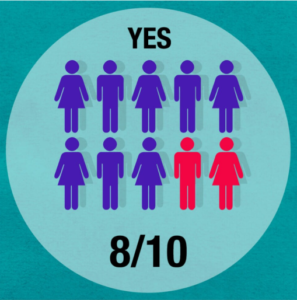
Dr. Alex Camardelle, director of workforce policy at The Joint Center for Political and Economic Studies, told theGrio there is a “deepening economic inequality and basic needs insecurity as costs are increasing.”
She explained, “Black workers are being left behind in the nation’s economic recovery. Black communities have the highest unemployment rates and are grappling with stubborn pay inequities.”
Gas prices have been a national concern this year. The expectation is that things will get much worse as OPEC (Organization of the Petroleum Exporting Countries) has decided to cut the production of gasoline, which will cause problems with meeting demand and will push gas prices upward.
For months, the Biden administration has been releasing daily gasoline from the strategic oil reserves to bring down the price at the pump. However, when it comes to gas prices, even with the price drop recent weeks ago, there was a phenomenon the White House was concerned about. Gas prices dropped; however, the Black community did not witness the impact.
Al Sharpton told theGrio that his organization, National Action Network, has been informed that gas prices have not gone down in communities of color as they have in other areas of the country. He blamed the occurrence on the “racial redlining of price manipulation.”
He explained, “they feel that where we have less gas stations, that they can keep the price up and go and do whatever they want to do.”
Black financial expert Allen Boomer told theGrio that in the Black communities, “we are feeling the impact of a 20% higher price at the pump than a year ago – on top of higher prices at the grocery store. For anyone who has to rely on a car for transportation, higher gas prices feel like a tax.”
TheGrio/KFF survey also found that among a range of economic challenges, 31% of Black voters would most like President Biden and Congress to address the cost of housing, followed by the cost of food (24%), the cost of health care (23%) student debt (12%) and the cost of gasoline (10%).
Thinking about the economic problems facing U.S. consumers, which of the following do you MOST want President Biden and Congress to address?
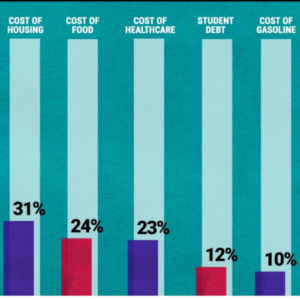

When asked by theGrio/KFF how important certain issues were in deciding who to vote for in this year’s midterm elections, 76% of Black voters said inflation, including gas prices, was very important, and 75% named the affordability of housing as very important.
U.S. Department of Housing and Urban Development Secretary Marcia Fudge told theGrio that, access to good and affordable housing in the United States had been a problem for decades. Moreover, the Black homeownership rate is nearly as low as it was when the Fair Housing Act was passed in 1968. And as far as renting, investors are buying up property and driving up costs, thereby reducing the availability of affordable rental units. The secretary says the country is “short 1.5 million affordable housing” units.
One of the culprits is gentrification, said Fudge. “When you consider the fact that the average rent in this country today, the median is $2,000 a month. A person making minimum wage cannot afford to pay it,” she said.
“Senior citizens and those on fixed incomes cannot afford to pay…low-income workers cannot afford to pay it. So they are the people who are most affected.”
She continued: “Housing is an issue for everybody in this country. So I think that when you consider the fact that when there is a national problem, the people who tend to be hurt worst are people of color and low-income people.”
About the Survey
The Survey of Black Voters is the first partnership survey between theGrio and KFF, a nonprofit organization focused on research and analysis of health and other national issues. Teams from KFF and theGrio worked together to develop the questionnaire and analyze the data, and both organizations contributed financing for the survey. Each organization is solely responsible for its content.
The survey was conducted Aug. 24–Sept. 5 with a nationally representative, probability-based sample of 1,000 adults who identify as Black or African American and are registered to vote. The sample includes all voters who identify as Black or African American, including those who also identify as Hispanic or multi-racial. The sampling design includes Black registered voters reached online through the SSRS Opinion Panel and the Ipsos KnowledgePanel; to reach Black voters who do not use the internet, additional interviews were conducted by calling back respondents who previously participated in an SSRS Omnibus poll and identified as Black and said they did not use the internet. The combined telephone and panel samples were weighted to match the sample’s demographics to the national U.S. population of Black voters using data from the Census Bureau’s 2020 Current Population Survey (CPS) Voting and Registration supplement. Sampling, data collection, weighting and tabulation were managed by SSRS of Glen Mills, Pennsylvania in close collaboration with KFF researchers.
The results have a margin of sampling error of plus or minus 4 percentage points for results based on the full sample of Black voters. The full methodology and question-wording are available here.
Story Credit: April Ryan/thegrio
Featured Image: Emmanuel Ikwuegbu



